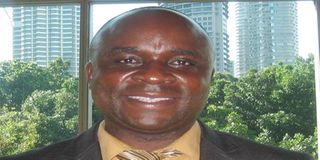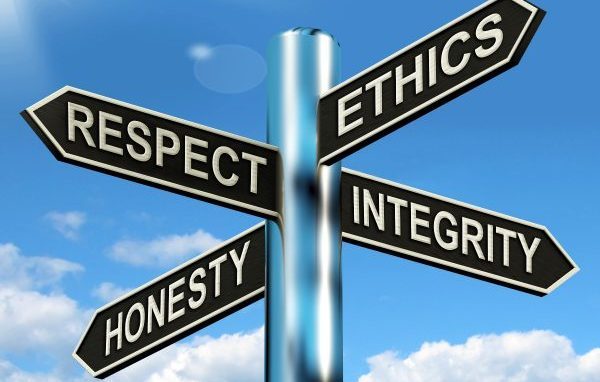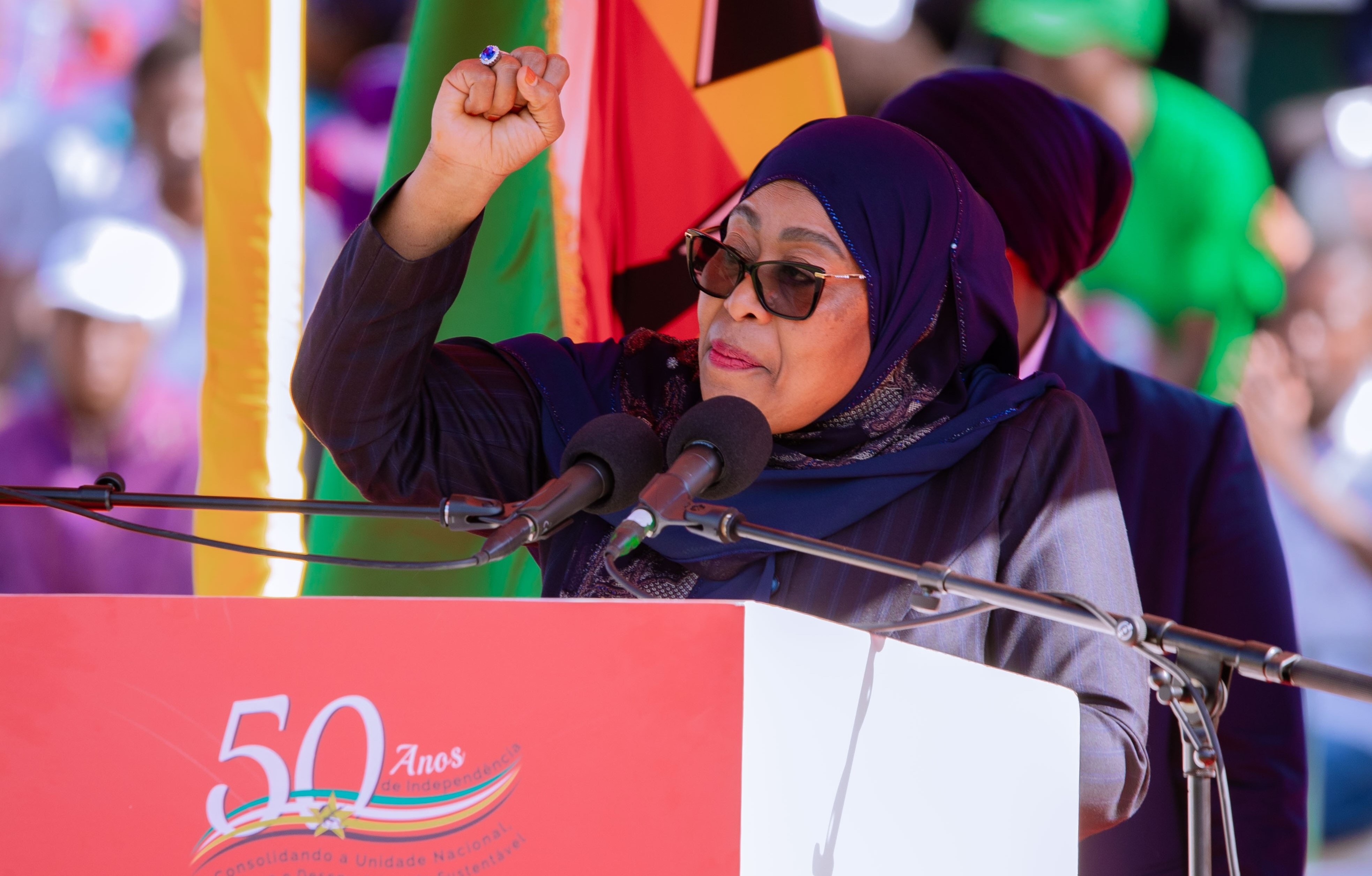Ejat awards: Where is the money for the winners?

Songa wa Songa
What you need to know:
When the iPad emerged as the in-thing, the organising committee immediately put the gadget on the prize list. Winners were sometimes given flat screen television sets. Topnotch smartphones will make an appearance in the forthcoming awards.
The “prestigious” Excellence in Journalism Tanzania (Ejat) is a laptop awards, one can safely say. Since its inception in 2009, the dominant prize has been a laptop computer besides the traditional trophy.
When the iPad emerged as the in-thing, the organising committee immediately put the gadget on the prize list. Winners were sometimes given flat screen television sets. Topnotch smartphones will make an appearance in the forthcoming awards.
The rationale for giving hardworking journalists laptops, iPads and TV sets is understandable. These gadgets will, in one way or another, enhance their performance. And the $4,000 scholarship award to the overall winner gives them an opportunity to study and serve the nation even better.
In 2012, interestingly enough, winners were additionally awarded mattresses for their outstanding efforts to inform, educate and entertain audiences. The obvious assumption is that the futons were given to the scribes not because they needed them as tools of work but because some sponsor made them available.
But there is an elephant in the room people do not talk about openly. It is this question: Where is the money? Yes, the cash prize. Some will publicly argue that money is not the only true source of motivation and journalists do not need it to pursue great stories. But in private very few—if anyone at all—will deny the power of money.
When the Media Council of Tanzania (MCT) last month declared open the sixth edition of the Ejat, I had a discussion with journalists on why the organisers were hesitant to hand cheques to the winners.
I learnt that MCT’s “no cash” stance is backed by the argument that giving money to the crème de la crème in the media fraternity will amount to condoning the brown envelope syndrome.
But journalists, some of them past winners, say MCT feels it is inappropriate because the cash prize will look like mshiko, which they are strongly opposed to. What journalists need is tools of work, they argue.
I totally agree that mshiko—money given to scribes by sources for whatever reasons but mostly transport—is ethically questionable. It is even criminal when solicited by the recipient. But to use that argument to dissuade awards sponsors from supporting cash prizes for excellent scribes does not make sense to me.
I know a number of colleagues who participated several times and won several laptops. In fact, the machine I used to type this piece is an Ejat laptop though I never won one. A fellow who won several of them sold it to me and many others do the same. No offence meant, but the fact that some winners exchange the gadgets with cash is an open secret.
The sense in the saying “money makes the world go round” is indisputable. Perhaps in agreement with this dictum, after presenting the trophy to the business and economy category winner in 2012, CRDB Bank CEO Charles Kimei topped it up with a cheque for Sh1.5 million. As sponsors, he said, CRDB Bank recognised the need to motivate the winners further. The lucky recipient was all smiles.
Last month Tanzania hosted, for the first time, this year’s CNN MultiChoice African Journalist Awards. Winners in that category pocketed thousands of dollars,
I gather. And that is topped with tools of work in the form of laptops with uninterrupted satellite internet connection.
The overall winner in arguably Africa’s most prestigious award gets an even fatter cheque and a one-month learning trip to CNN headquarters in Atlanta in the US.
So here is a good question: Does CNN condone mshiko? If we Tanzanians have beaten Americans in promoting and strictly adhering to journalistic ethical conduct then, dear reader, raise your glass for a toast!
Here at home, we have an example worthy of the name—the Tanzania National Parks (Tanapa) Media Awards, which was launched in 2012.
It aims at encouraging local journalists and media practitioners to effectively use their profession to sensitise the public in two areas—domestic tourism and conservation in the national parks.
This is their prize list: First winner Sh2 million, plaque, certificate and a one week study tour of a SADC country. Second winner: Sh1.5 million, certificate and a tour of two Tanzanian national parks. And third winner: Sh1 million and a certificate.
Where is the money, Ejat awards committee? What is there to keep our journalists on their toes? Yours is an unlikely prestigious award on a national stage.
Songa wa Songa is a senior reporter with The Citizen [email protected]




